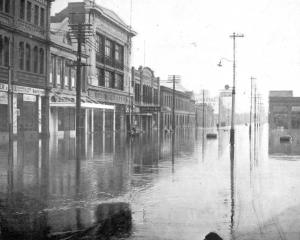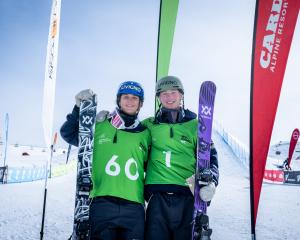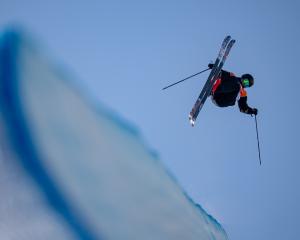Few sports have climbed out of the shadows quite as dramatically in recent years as the winter codes.
Twenty years ago, "winter sport", to most people, meant skiing - and that was arguably considered more of a pastime than a sport.
Then Annelise Coberger shocked everyone by becoming the first Southern Hemisphere athlete to win a Winter Olympic medal when she skied to silver at Albertville in 1992.
The televised Winter X Games exposed a greater market to the attractions of sports on snow and ice. New disciplines such as freeskiing emerged. Ice hockey started to thrive.
The Queenstown-Wanaka district is the hub of New Zealand winter sport, and it was there (plus in Naseby and Dunedin) the inaugural Winter Games were held in 2009.
The concept was developed and promoted by men such as Arthur Klap and Eion Edgar and their dedicated organising committee. Their feeling was that New Zealand, with its winter at a different time to most of the world, not to mention superb venues, was ideally placed to host a sort of mini-Olympics for the world's best winter athletes.
The first Winter Games featured 800 athletes competing in 26 disciplines over 10 days.
The Winter Games were held again this year, and it is planned to hold them every two years.
More elite athletes are training in New Zealand, and more Kiwis are qualifying for major events. Now all we need is another Winter Olympic medal.
No pressure, Jossi.












